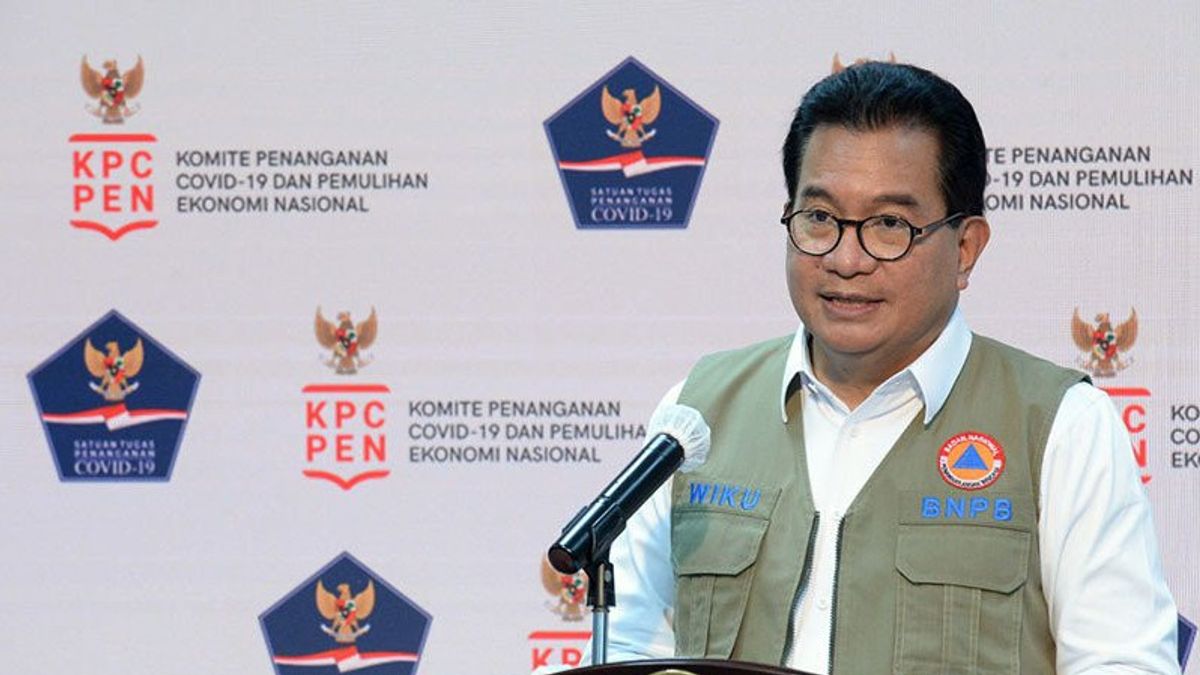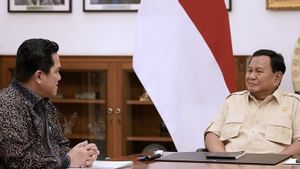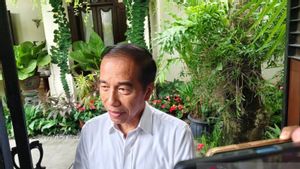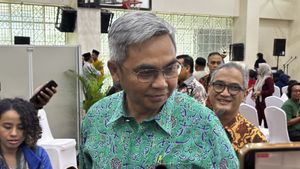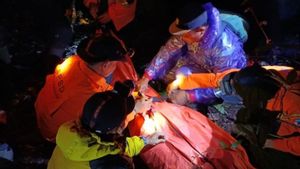JAKARTA - The Task Force for Handling COVID-19 said that the imposition of restrictions on community activities (PPKM) had an impact, although it did not significantly reduce the transmission of COVID-19 in the community.
Therefore, Wiku Adisasmito, spokesperson for the COVID-19 Task Force, hopes that the implementation of the PPKM, which will continue for the next two weeks, can be more disciplined and effective in order to reduce transmission in the community.
"The best way to ensure the effectiveness of this policy is by limiting mobility and strict strict enforcement of health protocols," Wiku said in an online press conference broadcast on the Presidential Secretariat YouTube account, Thursday, February 4.
Wiku explained the results of the COVID-19 Task Force analysis data which strengthened his statement. Wiku said, the daily active cases of COVID-19 during PPKM were carried out still showing a fluctuating trend although it tended to be stagnant.
He even said that in the first two weeks of January before this restriction was implemented, the difference in active cases was around 1.76 percent, while in the two weeks when activity restrictions were implemented, the difference in active cases was 0.45 percent.
"This indicates that during this two-week activity limitation period, the development of active cases tends to be more sloping than in the previous period," he said.
Meanwhile, the trend of bed filling, when viewed from the isolation of the COVID-19 referral hospital, has indeed decreased drastically since the beginning of the activity restriction until 31 January.
The COVID-19 Task Force noted that the difference in reducing the occupancy of isolation room beds in the first two weeks of January was 0.72 percent. However, after the implementation of the restrictions, the difference in decreasing was so large that it reached 8.1 percent.
It's just that, when compared with the level of ICU room bed occupancy, the trend is stagnant in the first two weeks of January. In fact, it had increased sharply in the first week of limiting activities.
"Considering these findings, we can draw conclusions from the processing of this data, namely that the limitation of activities for the last two weeks had an impact on the occurrence of daily active cases. However, this impact is not sufficient to reduce transmission in the community," he said.
"So, we hope that the implementation of activity restrictions that are still ongoing for the next two weeks can be carried out more effectively and with discipline. So that it can reduce the transmission rate in the community," he concluded.
The English, Chinese, Japanese, Arabic, and French versions are automatically generated by the AI. So there may still be inaccuracies in translating, please always see Indonesian as our main language. (system supported by DigitalSiber.id)
